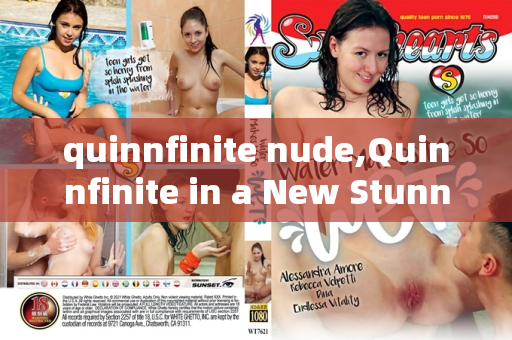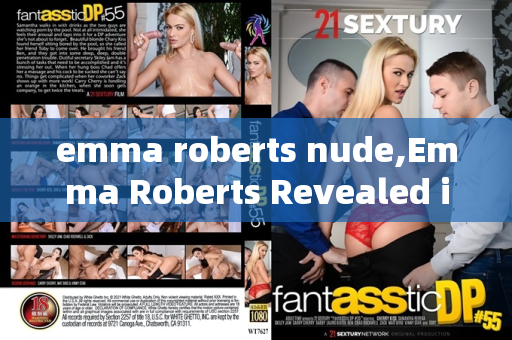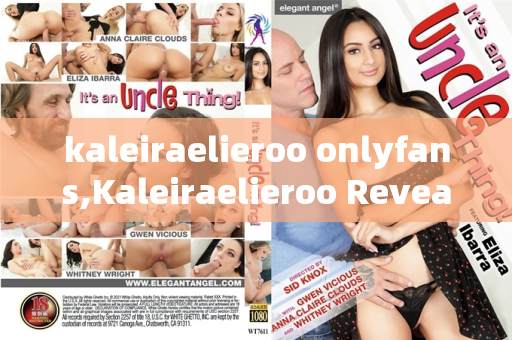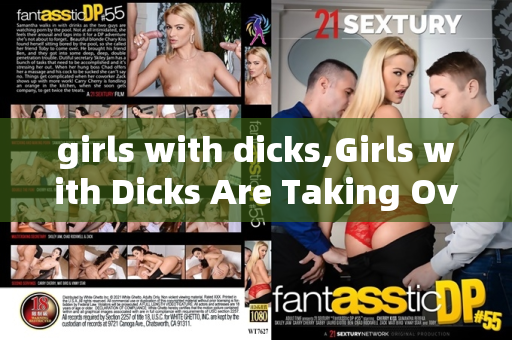
The recent emergence of the Graciebon leak has stirred significant attention across various online platforms, capturing the interest of curious individuals and dedicated fans alike. This leak, which has exposed a multitude of hidden secrets and steamy moments, has become a trending topic, prompting discussions about privacy, consent, and the implications of such revelations in the digital age.
At the heart of the Graciebon leak are a series of private messages, videos, and images that were never intended for public viewing. These materials have unveiled intimate aspects of the life of Graciebon, a notable figure known for her vibrant persona and engaging online presence. The leak has not only raised eyebrows but has also ignited debates about the ethics of sharing and consuming private content without the owner’s consent. As the content circulates, many are left grappling with the moral implications of spreading such sensitive information.
As the details emerge, fans and followers are keen to piece together the narrative that the leaked material presents. Some of the content showcases candid moments that depict Graciebon in a light that contrasts sharply with her public image. These revelations have led to a mix of fascination and sympathy within her fanbase, as many feel a sense of betrayal over the invasion of her privacy. This situation underscores the fine line between celebrity and personal life, as well as the responsibilities of those who consume content about public figures.
The social media sphere has exploded with reactions to the leak, with users expressing a wide range of opinions. Some condemn the actions of those responsible for the leak, advocating for respect of personal boundaries, while others indulge in the spectacle, sharing and discussing the content extensively. This dichotomy illustrates a broader societal issue regarding the consumption of private material and the consequences that follow. As the leak gains traction, it also raises questions about the nature of fame and the price individuals pay for their public personas.
Moreover, the Graciebon leak serves as a wake-up call for many in the digital world. It highlights the vulnerabilities that come with sharing personal moments online, especially in an era where privacy is increasingly compromised. As discussions continue, it is imperative for both individuals and platforms to recognize the importance of consent and the potential harm that can arise from unauthorized sharing. The responsibility lies not only with the individuals who leak such content but also with those who choose to engage with it.
In conclusion, the Graciebon leak is more than a mere collection of exposed secrets and steamy moments; it is a reflection of the complex interplay between privacy, celebrity culture, and digital ethics. As society navigates these murky waters, it prompts a necessary dialogue about respect, consent, and the impact of technology on personal lives. The ramifications of the Graciebon leak will likely resonate for some time to come, serving as a crucial reminder of the delicate balance between public life and private identity in an interconnected world.









